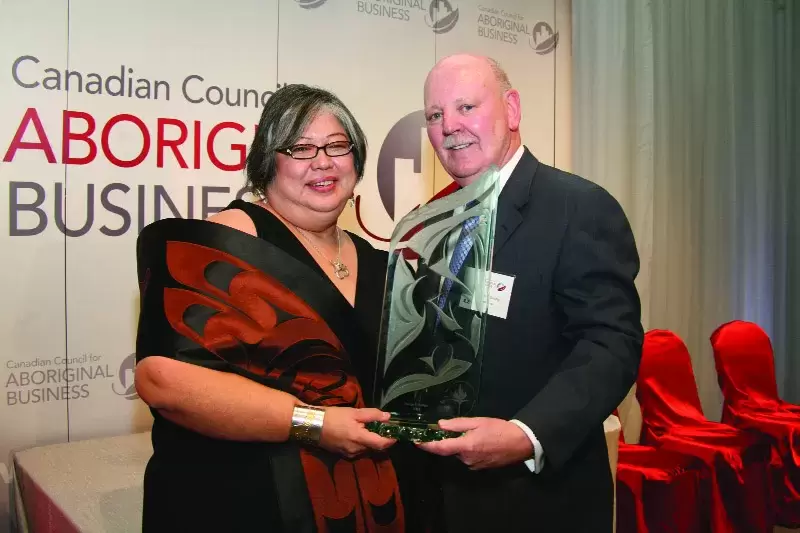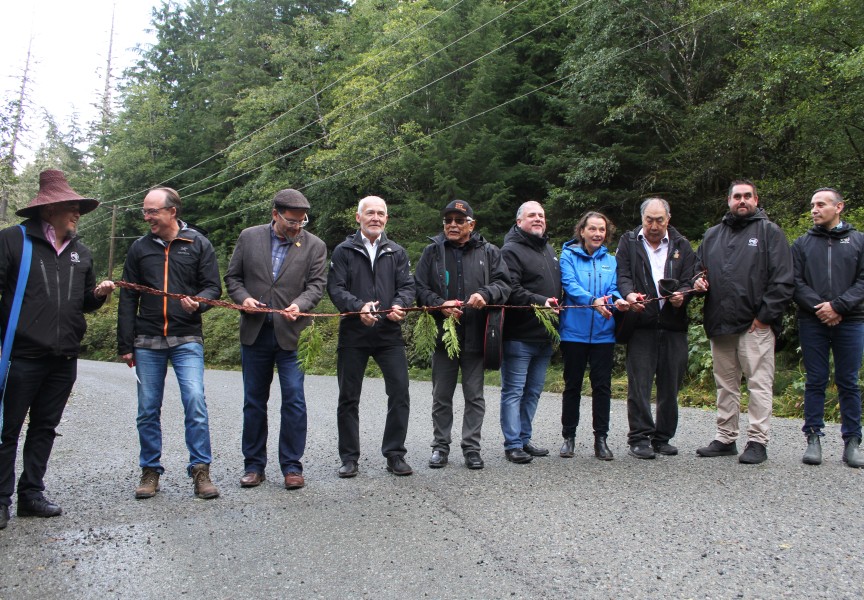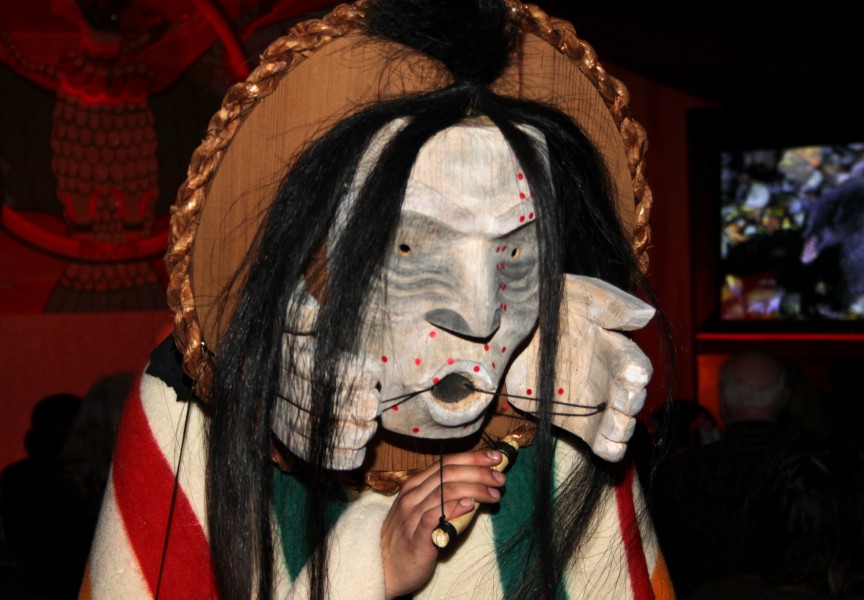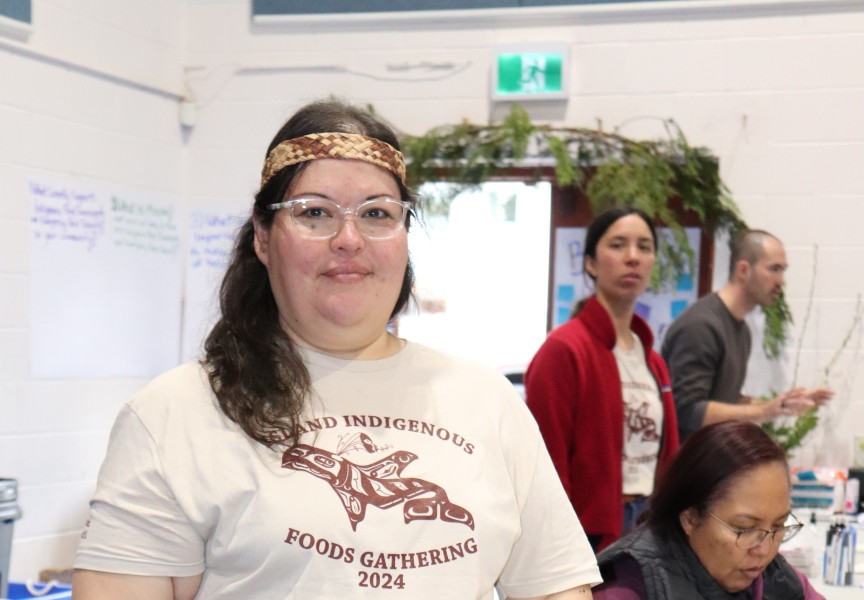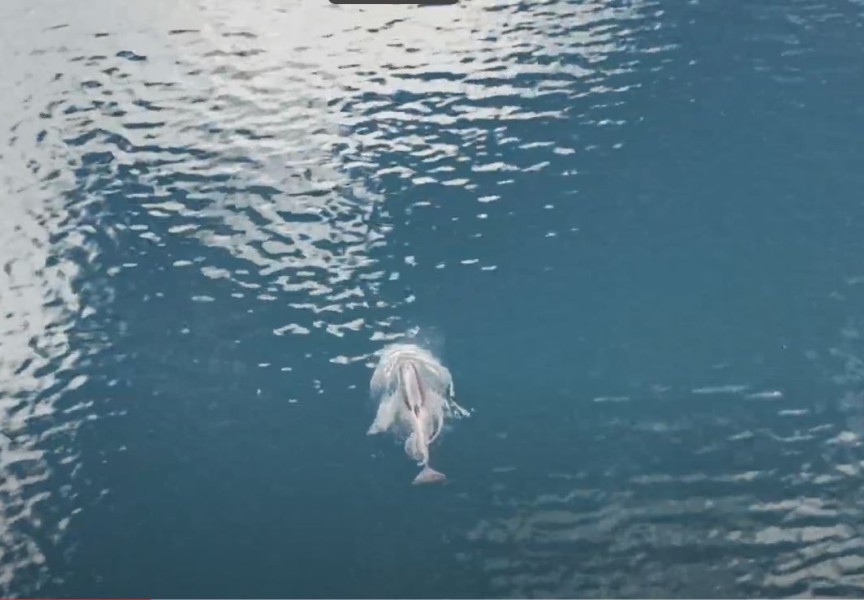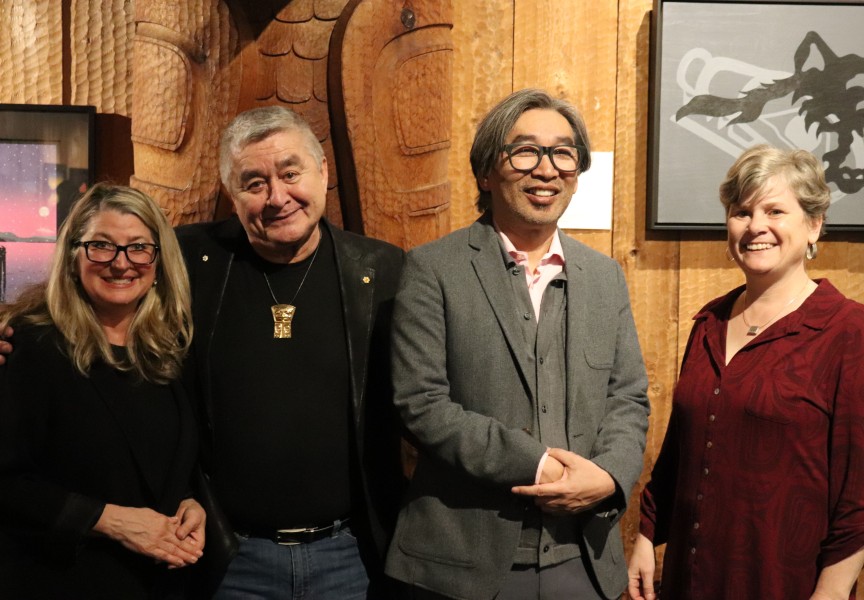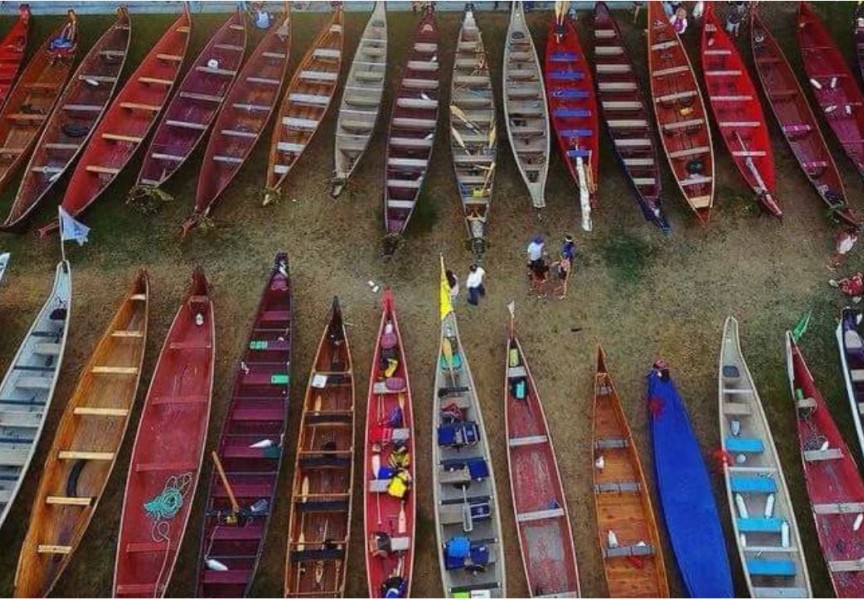Chief Judith Sayers is looking forward to the day when Hupacasath can devote its time to wealth management rather than pittance management, she said.
The community’s vision is to be economically independent, with enough jobs for its members, for their children and grandchildren, and for those not yet born.
This goal is what drives Sayers in pursuing the community’s economic strategy, and it’s that drive that has been recognized by the Canadian Council for Aboriginal Business (CCAB).
Sayers was inducted into CCAB’s Business Hall of Fame on Feb. 18 for what she has achieved so far on that economic front. Founded in 1984, the CCAB is committed to the full participation of Aboriginal people in Canada’s economy.
President and CEO Clint Davis is an Inuk from Nunatsiavut, and before joining CCAB was the national director of Aboriginal Banking at BMO Bank of Montreal.
When considering candidates for the Hall of Fame, he said, the jury looked for those demonstrating leadership and excellence.
“That’s absolutely essential, and for her, she certainly stands out,” Davis said.
He describes Sayers as “well-known, respected, highly astute and persuasive.”
“The letters that we read through were quite clear in her refusal to ever compromise her values and what she stands for, and she’s quite persuasive on those stands that she takes,” he said.
The Hall of Fame jury included Peter Godsoe, former president and CEO of Scotiabank, and Jack McDonald, CEO of ESS Compass Group, the primary sponsor of the Hall of Fame program.
Sayers was nominated to the Hall of Fame by BC Hydro CEO and President Bob Elton, who knows a thing or two about her uncompromising principles. The Hupacasath has a lawsuit against the company over the effects of the Elsie Lake dam in Hupacasath territory. Sayers also battled BC Hydro’s plan to build a natural gas fueled generation plant in Port Alberni.
After a community plebiscite that voted down the project, Hupacasath formed a partnership with the city, the Ucluelet First Nation and Synex Energy to form Upnit Power Corporation to bring the territory its much-needed electricity supply through a run-of-the-river project at China Creek. The project generates enough energy to power 6,000 homes in a way that satisfies Hupacasath’s green philosophy in doing business.
“Anything that hurts the environment, we won’t get involved in,” said Sayers. “We set the highest standards… our China Creek project, Upnit, it’s a very small footprint on the land.” In fact, the Upnit project won a Canadian environmental award in 2008. The Hupacasath have also developed an Organic Garden to sell quality healthy produce. They’re in the process of building the Tsu-ma-as Transformation Centre, a 3,352 square metre waterfront building that will house a museum, a 50-seat theatre, and will be the site at which the Hupacasath story can be told. The community is striving for a platinum environmental rating on the project.
“You’ve got to stand up for what you believe in and you just can’t compromise your principles,” said Sayers. “And that’s why it’s so important to us to be sustainable in our businesses, and live up to that, because if we are not living up to it ourselves, then we have no credibility.”
Davis said the Hall of Fame jury was impressed that Sayers was able to bring together stakeholders to create an economic opportunity out that struggle, not only for her community, but for others as well, with a project that was environmentally sustainable.
“So very visionary and very effective in terms of not necessarily having a negative or disastrous environmental footprint on an economic project that she was actually pursuing,” said Davis.
“To us, that really illustrated her business acumen, and the fact that she is not only an effective political leader… but also a person who is quite effective around the boardroom and business.”
Davis said Sayers is known country-wide as a staunch defender of her community’s title and rights, and a person who can build relationships with governments and corporate Canada to fulfill Hupacasath’s business aspirations.
Ha-Shilth-Sa asked Sayers how she balances that requirement as a political leader to sometimes bite the hand she is reaching out to shake. She laughs.
“I just do what I have to do, and people have come to respect me for that,” she said. “If we are not protecting our rights, I have absolutely no credibility, and that’s why everything has to be a balanced approach.
“If I have to take the provincial government to court over the dissolution of lands, we do so, but we continue working with them … you don’t shut the door. And people understand that that’s who you are and what you represent.”
Sayers has worked hard to develop relationships and to tell others who the Hupacasath are, and make them aware of what her community represents.
Relations have not always been the best between Hupacasath and neighboring Port Alberni, and others in the Alberni-Clayoquot district. But Sayers began a dialogue with city council, and got to know the business community, sitting on the chamber board, going to their functions and meetings. She sat on the regional district committee for four years as the Nuu-chah-nulth representative.
She’s opened the doors to government and business alike and she says this relationship building is key to the success of the 265-member community on Vancouver Island.
“I’ve worked really hard to open doors everywhere, whether it’s government, whether it’s companies. Wherever we have to go, I’ve tried to be there talking to people, to educate them on what Hupacasath are, what we stand for, what we want to do, our vision.”
Sayers took the opportunity to address the 550 CCAB guests during its gala dinner in Toronto. After a video presentation about the accomplishments of Dr. Sayers (she was given an honorary doctorate in 1993 by Queens University in Kingston, Ont.), Hupacasath’s chief said that more champions in business are needed so that every single First Nation across Canada had forms of economic development.
“I talked about Iona Campanola (former lieutenant governor of B.C.), how she always says it’s not always important to be first as it is to be second and third and fourth,” Sayers said. “Really, there are so many opportunities out there.”
What’s most frustrating to Sayers is the constant struggle to find the dollars to take advantage of those opportunities.
“You need money to make money, and trying to scrape together 50 proposals to give you enough seed money or equity is really a hard way to go about it,” she said. Then there is the money needed to train her people to step into the jobs once the business is ready.
“We want people in business positions from the bottom to the top. So trying to encourage our kids to go out and get business degrees so they can be CEOs and managers, and then other people to fill the other jobs. The frustration is that we need more money to make the money to do these businesses the way we want them.”
Sayers describes Hupacasath as being young in respect to economic development “with a long ways to go.
“I just think it’s exciting. It’s giving people hope that we can be more than dependent on Indian Affairs.”
By Debora Steel
Ha-Shilth-Sa Reporter

